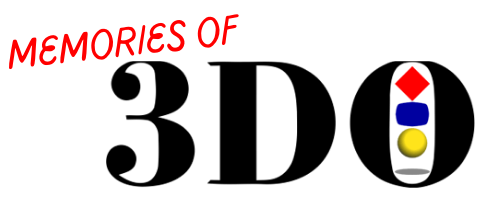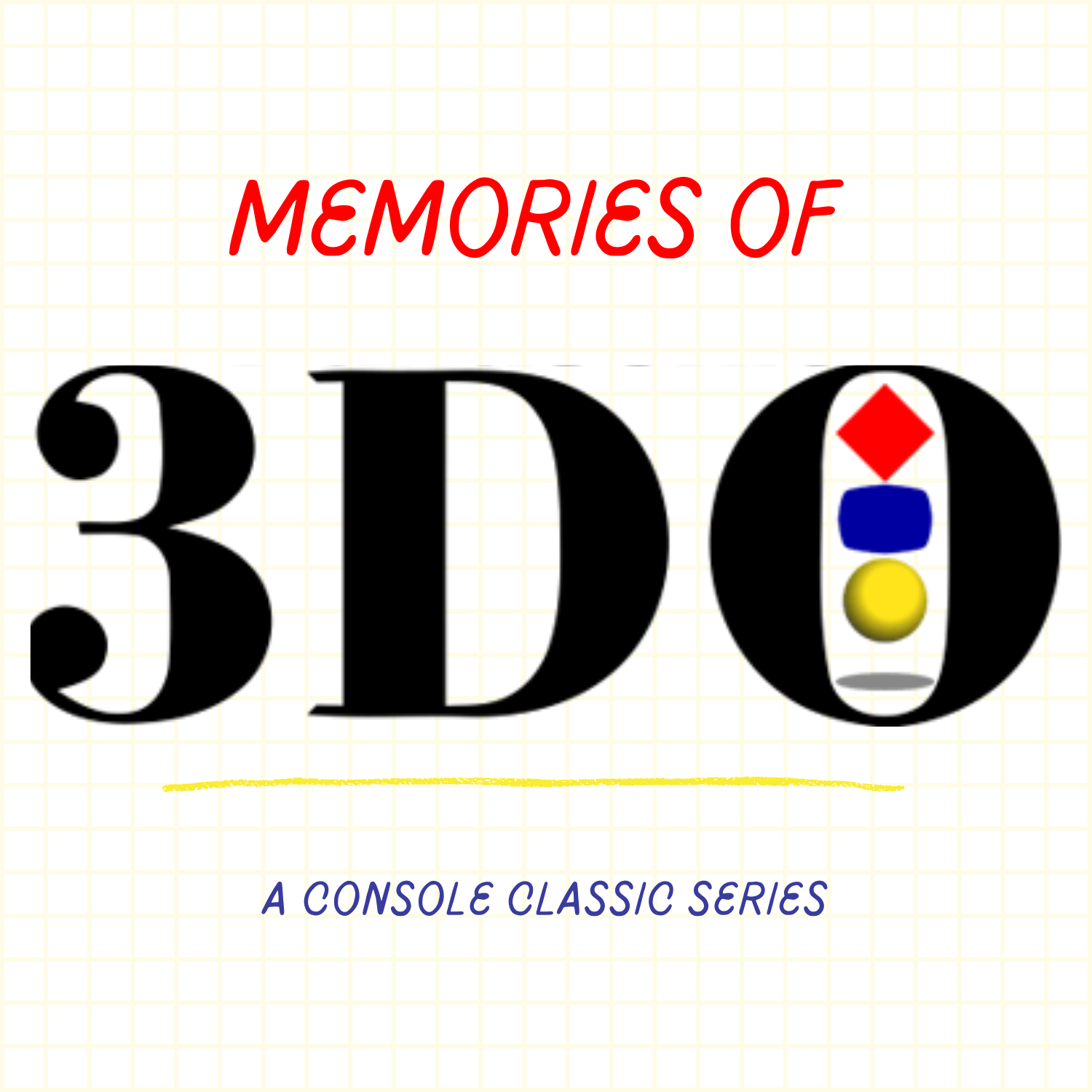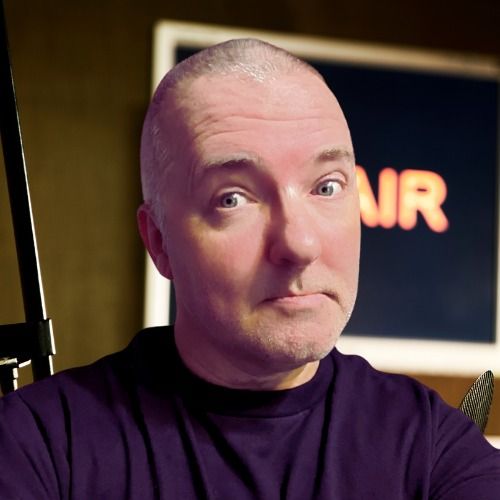Saying Goodbye to the 3DO
As 1995 turned into 1996, things at the 3DO company weren't looking good. Despite seeing decent sales numbers of over a million units, this paled in comparison to new machines from SEGA and Sony.
This, coupled with a dwindling number of games, and many owners of the system jumping ship to the SEGA Saturn and Sony PlayStation, made it clear that the 3DO's dream of becoming an established console in the market just wasn't going to happen.
Big decisions were made that would affect the company for the remainder of its short life.
Contact me: danny@dannybrown.me
Products I use for Pod Chat
Note: these contain affiliate links, so I may get a small percentage of any product you buy/use when using my link.
My equipment:
- Electro-Voice RE320
- Motu M2 Audio Interface
- Sony MDR-7506 Studio Monitor Headphones
- Podcast Pro Boom Arm by Accu-Lite and O.C. White
Recommended resources:
- Captivate.fm
- Aweber email marketing
- Boomcaster remote interviewing
- My Podcast Reviews
- Reel.so audiogram creator
This podcast uses the following third-party services for analysis:
Podtrac - https://analytics.podtrac.com/privacy-policy-gdrp
Transcript
As 1995 turned into 1996, things at the 3DO company weren't looking good. Despite seeing decent sales numbers of over a million units, this paled in comparison to new machines from Sega and Sony. This, coupled with a dwindling number of games and many owners of the system jumping ship to the Sega, Saturn and Sony PlayStation made it clear that the 3D0's dream of becoming an established console in the market just wasn't going to happen.
Danny:This realization was confirmed when the company sold its M2 technology to electronics giant Matsushita, parent company of Panasonic, who'd made the first 3DO console. The hope was the Japanese organization would have the funds, marketing expertise and desire to compete with their big competitor, Sony. However, this didn't materialize either.
Danny:Instead, the M2 technology was used for arcade games, but even here it didn't have the desired impact, and the last game to use M2 was released in 2010. As for the 3DO company, they focused on making games for the same consoles that essentially put them at the hardware business.
Danny:These included High Heat Baseball, Army Men, BattleTanx, and Heroes of Might and Magic Seven. While they enjoyed some great early success with these titles and finally made a profit, this mini boom was short lived too, and on May 2003, the doors closed for the last time on the 3DO company.
Danny:Looking back, it's easy to be critical and see why the company failed both in the console market and the game developer market, but particularly with the console one. A botched launch, an idealistic business model and too long to adapt to changing technology sealed the 3DO console's fate. But the machine also offered a lot of firsts and truly made a difference to how consoles were viewed at the time.
Danny:It offered innovative quirks like the daisy chain controller setup for the multiplayer games. It brought amazing audio experiences into living rooms with excellent use of Dolby Surround, and it was one of the first consoles to talk about back compatibility for future upgrades, something that's only just being realized properly today with the latest generation of consoles.
Danny:For all its failures, the 3DO was an enjoyable and fun endeavor that still brings fun memories to gamers of a certain age. For that, it deserves to be part of the Memories of series for Video Game classics.


